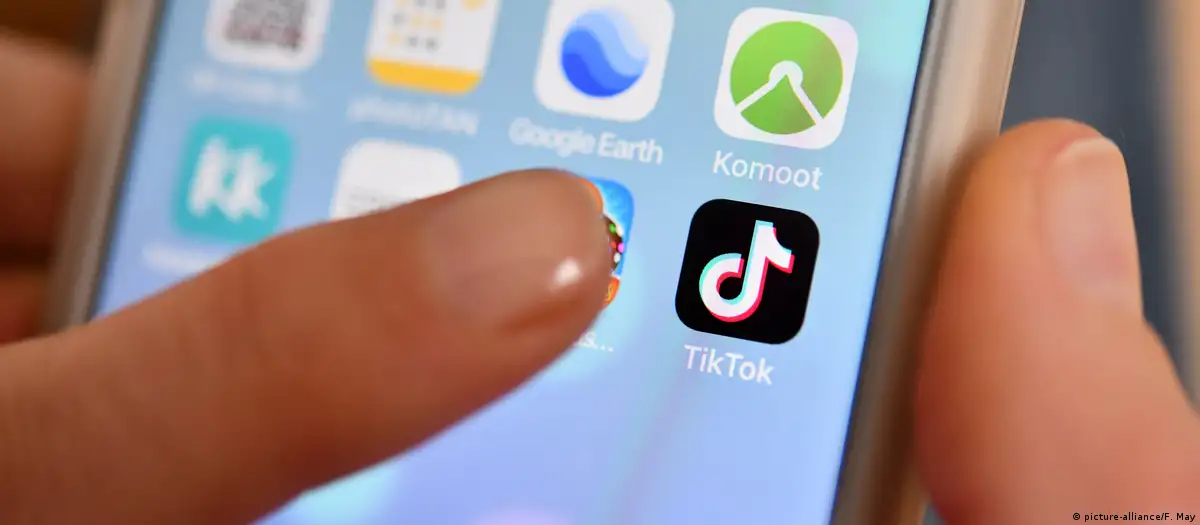![]() Newsflash:
Newsflash:
U.S. tech stocks slide on AI bubble fears10:45 AM
Government Shutdown Halts SNAP Benefits 8:00 AM
UPS Cargo Plane Crash in Kentucky Kills 7 2:45 AM
Democrats Gain in 2025 State Elections 10:00 PM
USPTO Stays Open Amid Federal Shutdown 9:30 AM
US–China Reach Rare-Earth Trade Accord 11:15 AM
Clocks “Fall Back” as Daylight Saving Time Ends 2:00 AM
Federal Government Shutdown Surpasses Historic Milestone12:01 AM
Insurtech Firm to Release Q3 Results 5:00 PM
“Make-or-Break Day” for Millions’ Finances 12:00 AM
SpaceX Prepares for next-icon Starship Launch 10:14 am

Breaking News
![]() Nov 10
Nov 10
by Casey Quinn
Tech giants vow to defend U.S. users against government spyware threats
In a new escalation of the digital privacy fight, leading technology companies have vowed to defend U.S. users against government-sponsored spyware. Apple and WhatsApp said they will issue threat notifications if they detect malicious activity that could be linked to commercial surveillance tools used by state actors. The announcements come amid mounting concerns that mercenary spyware companies are gaining contracts with U.S. government agencies
Big Tech Takes a Stand Against Government-Linked Spyware
Tech Firms Step Up Guard Against Government Spyware
Apple declared that its threat notifications apply regardless of a user’s location, affirming its commitment to protect all users from covert surveillance tools. WhatsApp’s parent company, Meta Platforms, reinforced that it will build further detection layers and alert users whose devices may have been targeted—even in the U.S. The move signals major platforms are willing to push back publicly against both foreign and domestic government surveillance tools.
Rising Threat from Commercial Surveillance Firms
Civil rights experts are worried that companies that make spyware, like NSO Group and Paragon Solutions, are getting into U.S. government offices. Reports say that the U.S. government has hired Paragon's spyware, Graphite, to help with immigration or law enforcement. This makes it more likely that people will misuse it and watch others without their knowledge. Experts say that letting these tools spread unchecked might hurt democracy, privacy rights, and public trust. Cybersecurity experts say that even a little bit of this kind of spyware could put journalists, activists, and regular people at risk of having their personal information stolen. They say that stricter oversight and rules that apply to all countries are needed right away to keep commercial spyware from becoming a normal way for governments to spy on people.
Strategic Planning Is Becoming More Contingency-Driven
The rules are all over the place right now, so the internet giant's promises come at a good time. It's hard for U.S. export restrictions, civil rights laws, and digital surveillance rules to keep up with the rise of commercial spyware. Privacy groups say that government contracts aren't very clear and that it's hard to make spyware companies pay for their actions. People also wonder how much power tech companies have over government spying, especially when the government is a customer.Experts in the law say that the Electronic Communications Privacy Act (ECPA) and the Foreign Intelligence Surveillance Act (FISA) are no longer useful because they haven't been updated. Civil liberties groups want Congress to keep an eye on the surveillance technology that law enforcement and intelligence agencies use to make sure they follow the Constitution.
More and more people are asking for a single global standard on spyware exports, like arms control agreements, to keep authoritarian countries from abusing these tools. In the meantime, tech companies are asking lawmakers to make it clearer who is responsible for spyware vendors that take advantage of flaws in platforms. Analysts say that this moment could set the tone for how the US balances digital freedom and national security in the future. If there aren't strong legal protections, the same tools that are supposed to keep people safe could easily be used to spy on them. This would make people lose faith in both the government and the tech industry.
"Apple and WhatsApp Pledge to Shield U.S. Users from Government Spyware Threats"
Breaking News
Big internet companies like Apple and WhatsApp said they will take extra steps to protect U.S. consumers from malware linked to the government. They promised to send real-time alerts for state-sponsored hacking attempts. The move makes Silicon Valley's privacy initiatives stronger by making devices more secure and holding people accountable. Experts say it is a big step toward stopping the growing threat of monitoring technology.
Outlook..
As commercial spyware gets stronger and more widely available, the promise from Apple and WhatsApp is a big step forward in protecting users, but there are still a lot of problems to solve. If these platforms can successfully implement threat-detection and user-alert systems, they could set new norms for openness and device safety in the industry. On the other hand, if governments keep giving out more surveillance contracts or if there are still holes in the law, U.S. users may still be subject to covert monitoring. The next few quarters will be very important. Businesses, governments, and civil society groups need to work together to make laws that are clear, better monitor technology, and make sure that it protects privacy instead of hurting it.

Casey Quinn
Casey Quinn is a U.S. technology reporter covering innovation, digital policy, and emerging trends in the tech industry.